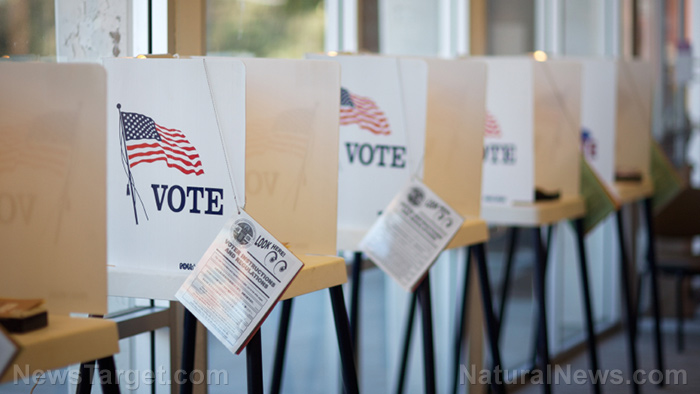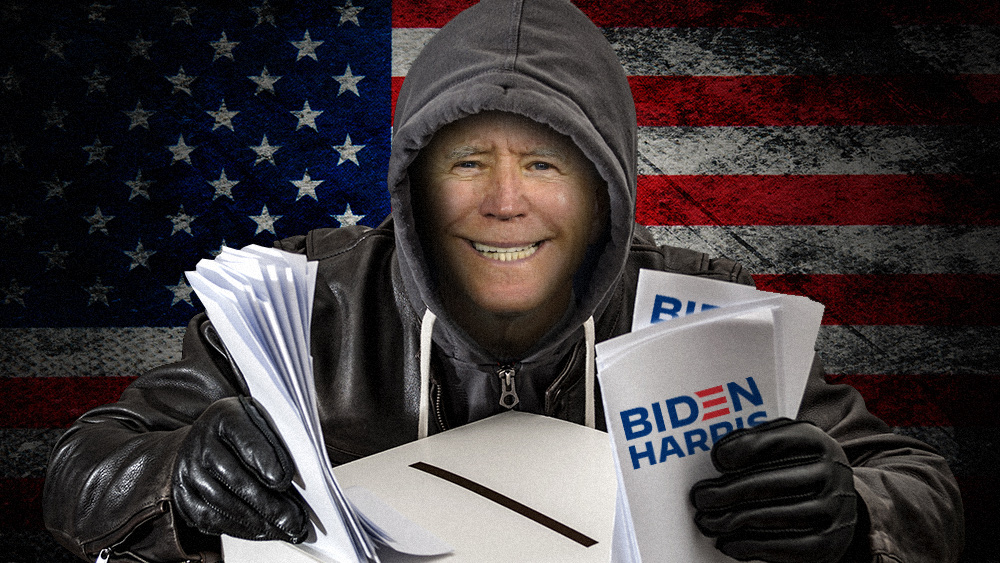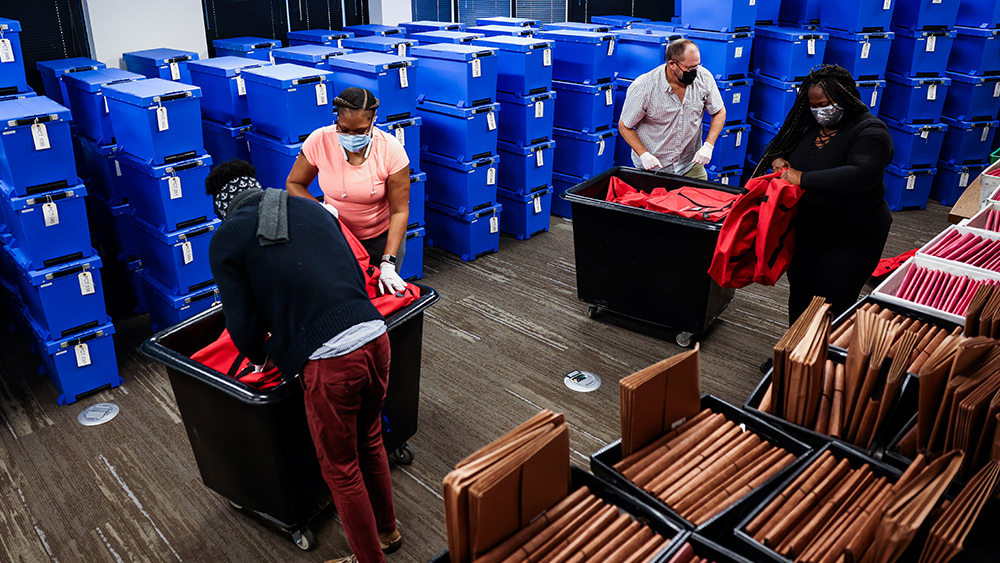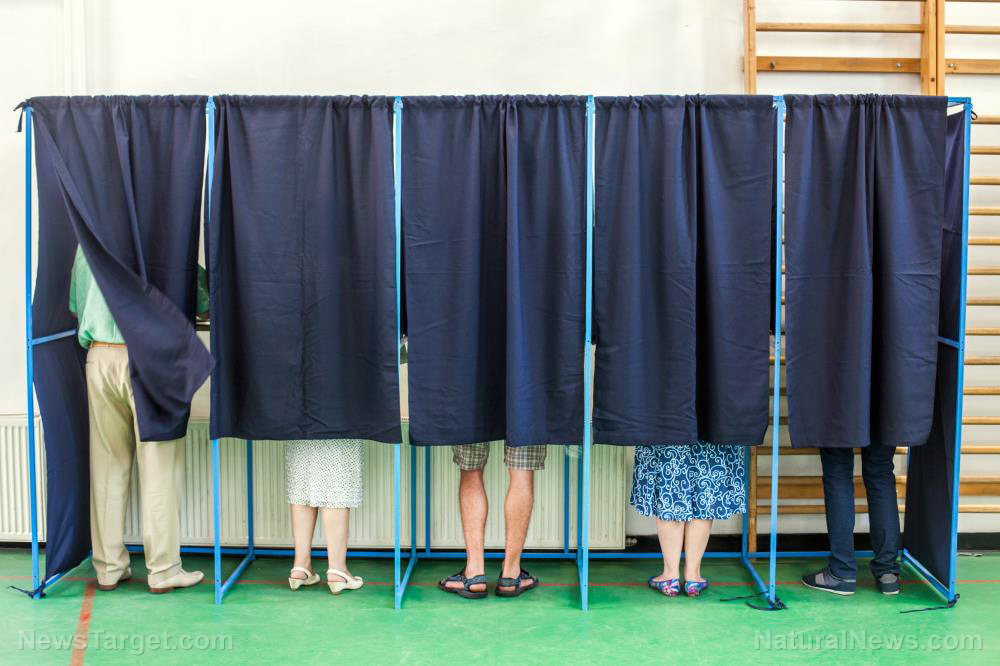
A Republican Party-appointed poll watcher reported that possibly as many as 20,000 unverified ballots were fed through machines and counted during the Aug. 4 primary in Detroit. In a statement, Bob Cushman described the chaotic atmosphere during the counting of ballots in the city’s downtown.
The possible irregularity can have serious repercussions, given the narrow margin of President Donald Trump’s 2016 victory – 10,704 votes – and the expected close margin foreseen in this year’s elections. Cushman added that instances such as what happened in Detroit – together with a Michigan law preventing a recount – make it “very hard to change the result of an election.” (Related: Half a million VA absentee ballots mailed to wrong addresses, addressed to deceased people and pets.)
Cushman signed up to be an observer and encouraged volunteers to serve as poll watchers to increase integrity in the voting process. He also expressed his concerns about the integrity of the upcoming November elections, saying that he's skeptical that the errors identified during the primary will be rectified by then.
“If we put enough light on this subject, that there be enough heat to get it done correctly,” he added.
In addition, Cushman noticed that a car with an Ohio license plate entered the facility during his duty. He did not know why the car was there, but he suspected that it was delivering ballots to be counted.
In his affidavit, Cushman said that some counting tables “had opened ballots with no poll book” – the latter used to check if the person who cast the ballot was an actual voter. He said that the poll book is important, as it proves that someone is an actual voter and is qualified to do so. In addition, Cushman observed that some pages were “being inserted into several poll books.”
Cushman also indicated in his affidavit that some of the workers left early, prompting an announcement that a promised $100 bonus would not be paid out.
A sudden change of instructions
Around 2 a.m. on Aug. 5, everyone was instructed through the public address system to “open every envelope, separate the ballots and place them into the trays” for tabulation. Cushman made some rounds after the instructions and noticed that the ballots were no longer being compared with the poll books on the tables.
He indicated in his affidavit that the election inspectors opened all of the ballots as quickly as possible for immediate tabulation, bypassing the process of counter-checking with the poll books. The lack of verification expedited the ballot counting, as only three voting boards still had ballots as of 3:42 a.m. The tabulation ended at around 5:10 a.m., with George Hagood, one of the persons-in-charge, telling Cushman that about 76,000 ballots were processed.
According to the Republican poll watcher, election officials must go back to analyze the ballots counted after the change of procedure and declare those votes null and void. He estimates that there were around 10,000 to 20,000 unchecked ballots that were counted straight away.
The Detroit News reported a similar irregularity. Ballots cast from Wayne County – where Detroit is part of – did not match the number of actual voters in the poll books. This prompted the county’s board of canvassers to examine the training and processes used in the recently concluded primary. The board also called for the appointment of a state monitor to supervise the counting of absentee ballots.
Detroit Mayor Mike Duggan called on Michigan secretary of state Jocelyn Benson and city clerk Janice Winfrey – the latter in charge of administering elections – to ensure that the issues are fixed immediately.
“We cannot have a recurrence of these problems in November,” Duggan added.
More stories on potential vote fraud through absentee ballot-rigging in the 2020 elections at VoteFraud.news.
Sources include:
Drive.Google.com [PDF]
Please contact us for more information.

















